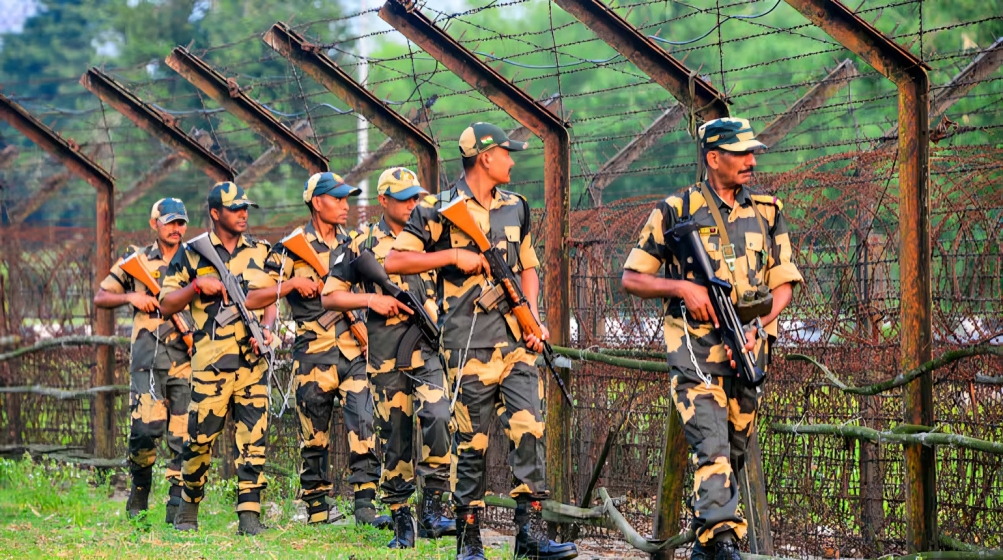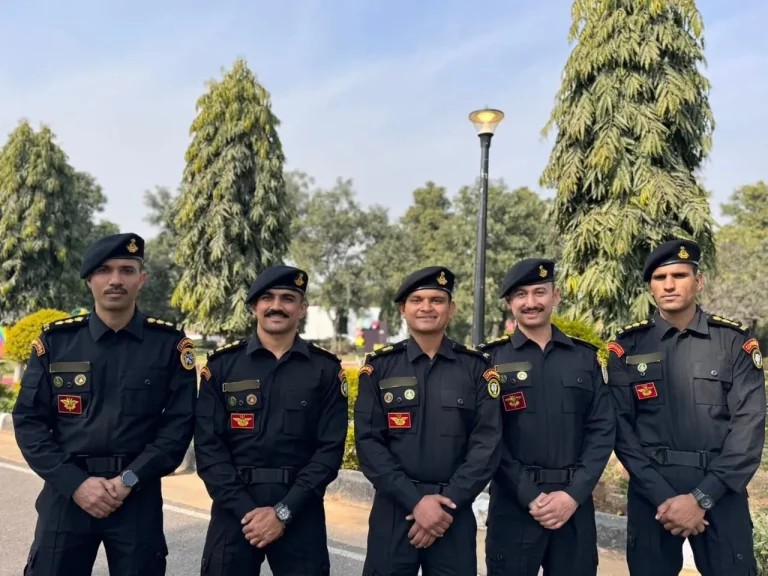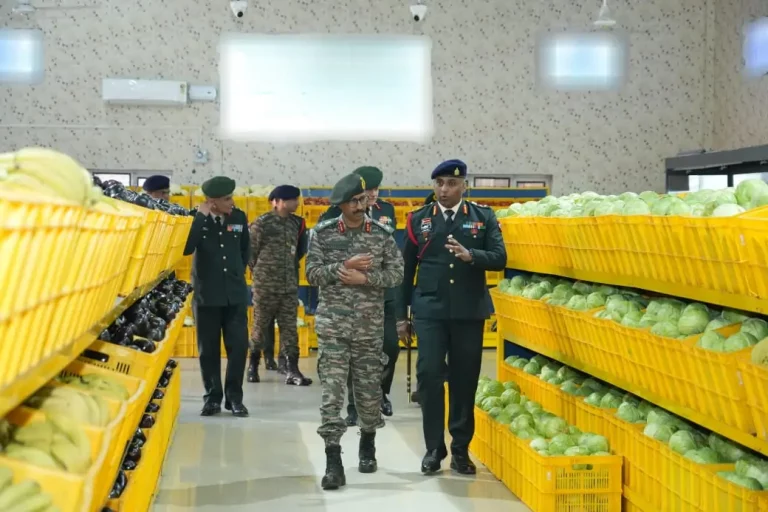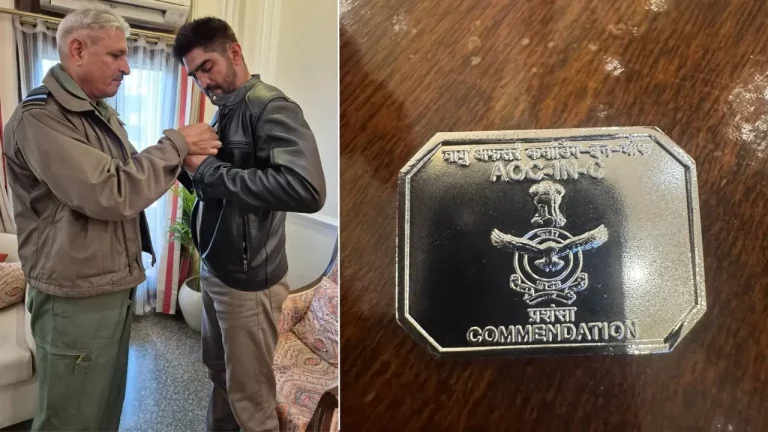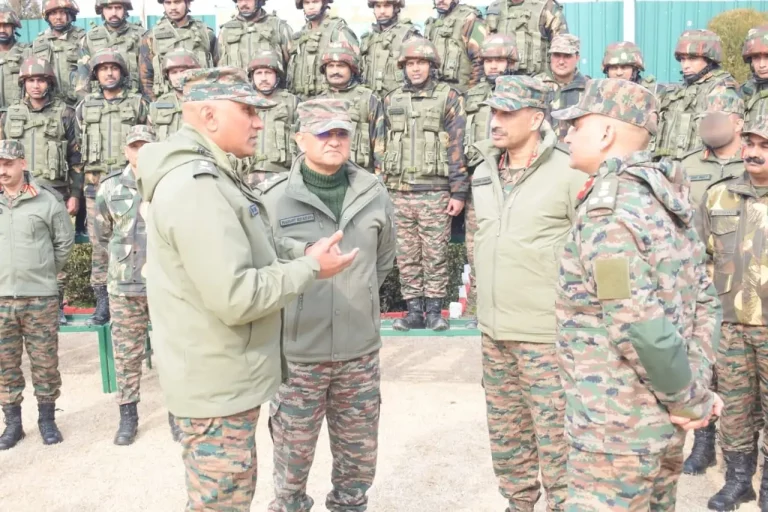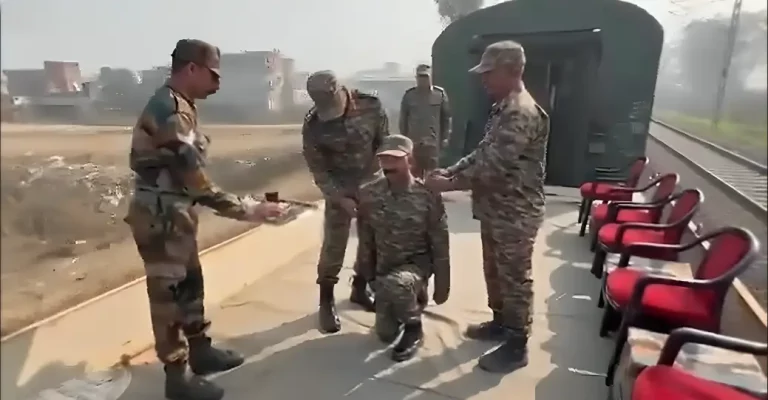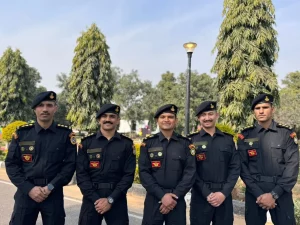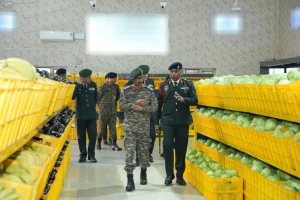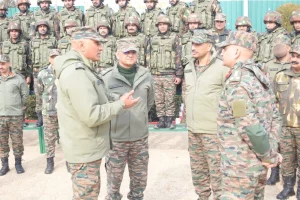In a notable advancement in border management, the Border Security Force (BSF) is implementing the use of body-worn cameras (BWCs) for its personnel stationed along the Indo-Bangladesh border. This initiative aims to enhance transparency during border operations, deter illegal activities, and provide crucial electronic evidence in situations involving disputes or potential accusations of excessive force.
As part of this initiative, BSF officials have begun distributing BWCs, with 2,500 cameras already provided to personnel and an additional 2,500 set to be deployed in the near future. These compact, battery-operated cameras, which can record footage even in low light, are designed to be worn on the uniforms of the officers. They will facilitate the recording of arrests, interventions with illegal immigrants, observations of smuggling activities, and any incidents of conflict or altercations during patrolling activities.
The introduction of these cameras is a response to a concerning trend of heightened cross-border incidents. Official reports indicate that in 2024, there were 77 documented attacks on BSF personnel along the Indo-Bangladesh border. Already in the first half of 2025, there have been 35 such incidents. The number of infiltration attempts has also surged, with BSF apprehending 2,425 individuals trying to enter India and 1,049 attempting to cross into Bangladesh last year. From January 1 to July 15 this year, authorities detected 1,372 cases of incoming unlawful entries and 3,536 unlawful exits.
BSF officials believe the cameras will greatly enhance safety and accountability while simultaneously reducing the potential for false allegations launched by illegal entrants or even the Border Guards Bangladesh (BGB). The recorded footage will be invaluable for internal investigations and can aid in bilateral discussions when incidents occur.
In conjunction with the implementation of BWCs, BSF has also installed biometric authentication systems at sensitive border locations. These systems are integrated with the Bureau of Immigration’s Foreigners Identification Portal (FIP), streamlining the verification and documentation of illegal immigrants. This initiative aims to create a centralized database to help prevent repeated infiltration attempts. Recently, over 2,500 Bangladeshi nationals have been deported through established border checkpoints.
The India-Bangladesh border spans 4,096 kilometers and passes through five states: West Bengal, Assam, Meghalaya, Tripura, and Mizoram. The complexity of the terrain—including riverine areas, dense forests, and heavily populated villages—adds to the challenges of surveillance and border fencing. Of the total border length, only 3,196 kilometers are currently fenced, with the remaining 850 kilometers mostly unfenced due to geographical challenges and the proximity of human settlements.
To adapt to these challenges, BSF has increased its monitoring capabilities by establishing round-the-clock surveillance operations that include observation posts, border floodlights, watercraft patrols, and floating outposts.
During recent talks between the Director Generals of BSF and BGB, concerns were raised regarding attacks on BSF personnel and Indian civilians by miscreants operating from Bangladesh. Both sides agreed to intensify collaborative patrolling efforts, particularly during nighttime, and to share real-time intelligence regarding trafficking networks. They also committed to assisting in the rescue and rehabilitation of victims of human trafficking.
The rollout of body-worn cameras is being perceived as a vital step toward addressing these established commitments, thereby minimizing the chances of conflict or misunderstandings during sensitive cross-border operations.
